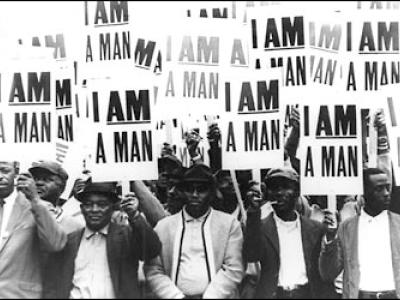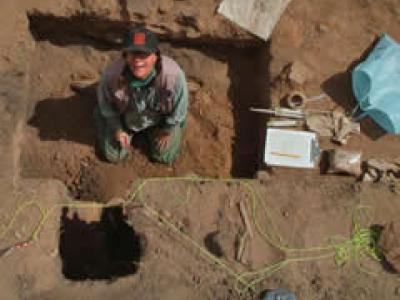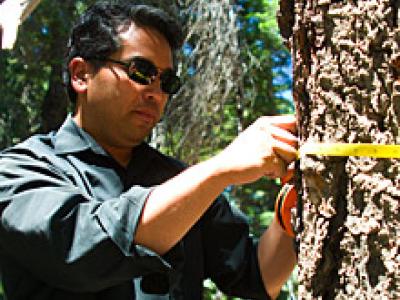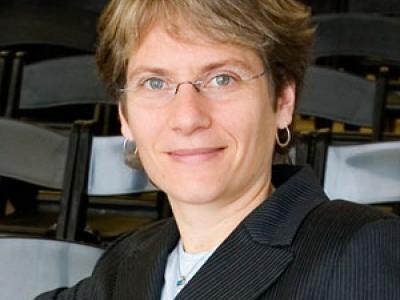Labor Center launches monthly black jobs report
UC Berkeley's Center for Labor Research and Education officially launched a series of monthly reports that highlight the employment outlook in the black community as national jobless numbers hover around 10 percent and African Americans fare far worse.The Labor Center's "Black Employment and Unemployment" detailed data brief for June will be available online shortly after researchers assess a monthly national jobs report to be issued Friday from the U.S. Bureau of Labor Statistics.









